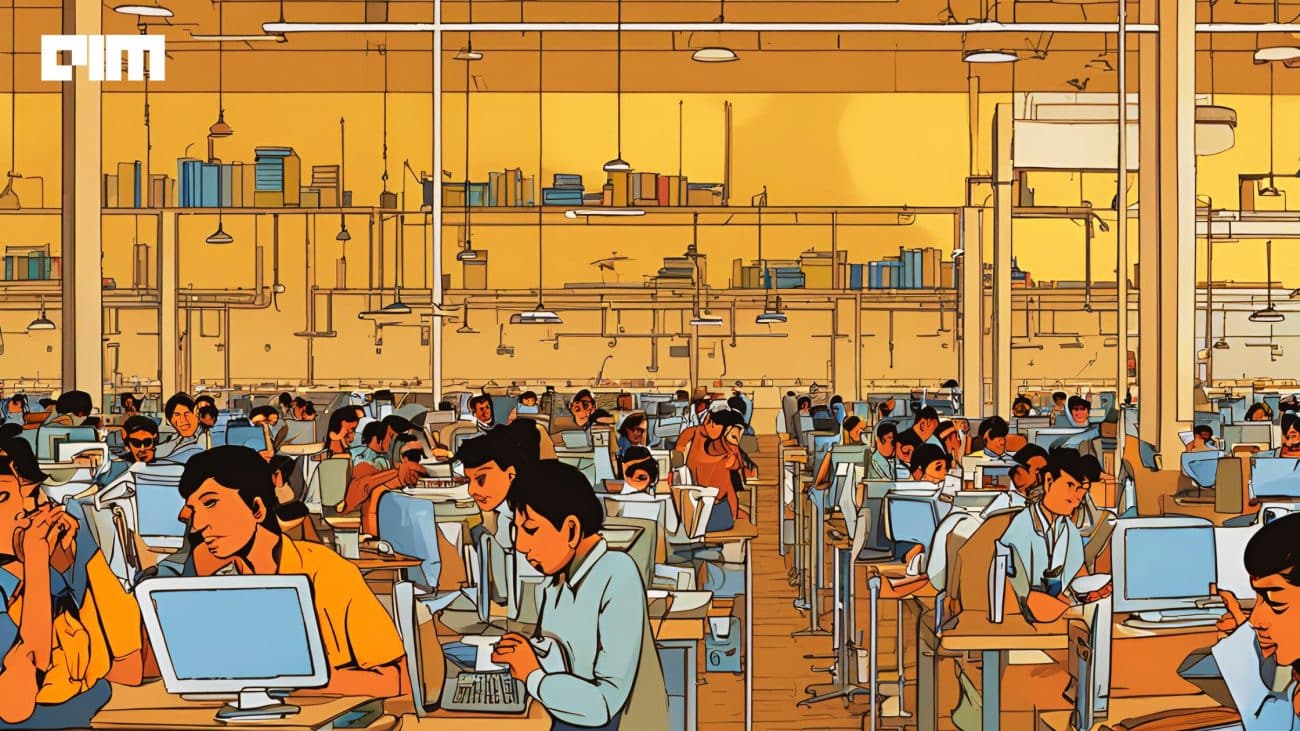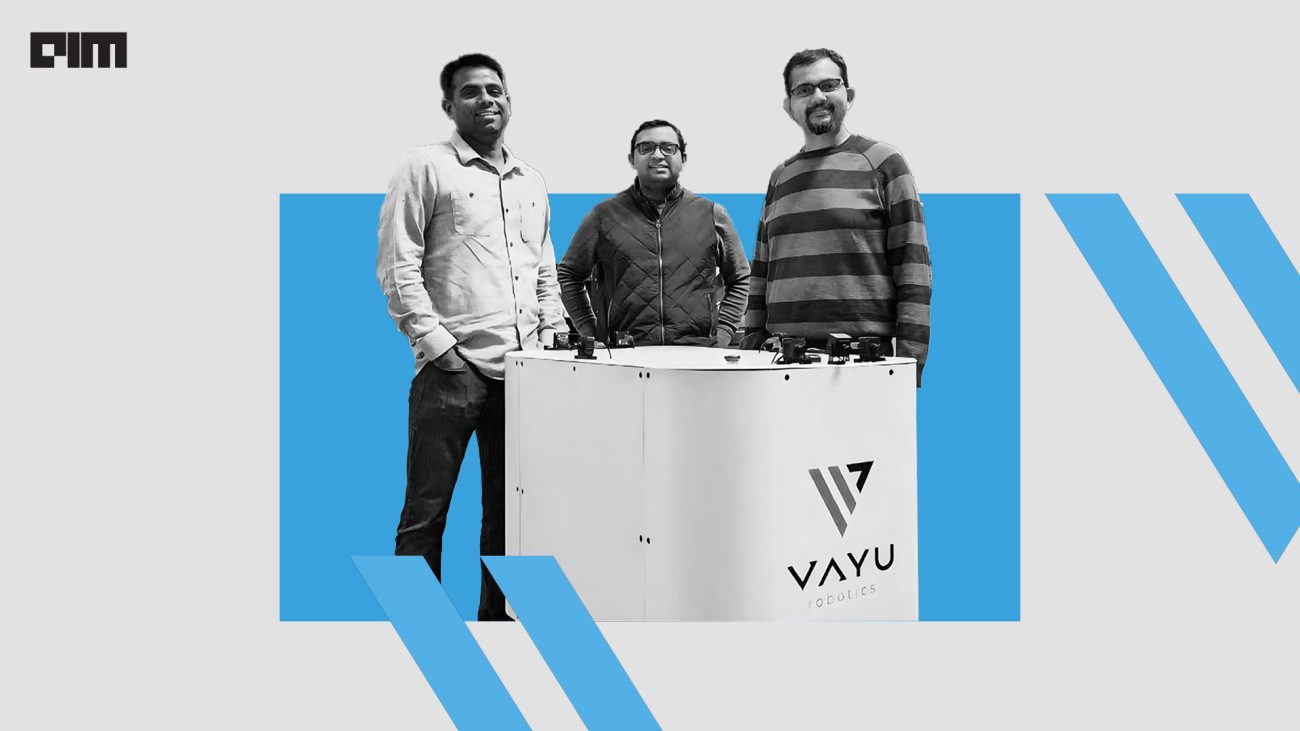“I’m about to graduate with a CS degree and have never used a ‘library’, ‘framework’, or ‘API’.” This was the topic of a Reddit discussion, which soon saw hundreds of reactions pouring in from people who pointed at the sad state of CS degrees worldwide.
And though this may be a global phenomenon, the Indian youth has it far worse than their counterparts.
Unfortunately, this is not an isolated case, but a mere symptom of a larger issue plaguing the Indian education system. Despite holding degrees, many graduates here find themselves unprepared for the practical demands of the industry, making them less competitive on the global stage.
We’ve often heard that a large section of the Indian youth is basically willing to go abroad and study. “The hate for India scares me,” said a user on Reddit, starting a discussion about how soon, India wouldn’t be left with skilled young people. This, honestly, is kind of scary.
Another user on X pointed out that many Indian IT tech graduates are unemployable for any real time projects and responsibilities. “India IT talent is going down and Vietnam, Indonesia, Malaysia, and Philippines are taking up jobs as they have the hunger to succeed with hard work which India’s new college graduates don’t,” the user added.
Check: NIRF Ranking of Engineering Colleges
Not Adequately Prepared for the World
According to a recent report, India barely has about 2000 senior software engineers. Once hailed as a global hub for IT talent, the country is now facing a potential crisis in the availability of skilled software engineers. The issue is not just about the numbers, but also the quality and aspirations of the youth.
The sentiment that education in India is not preparing students for real-world applications adequately is echoed widely.
A recent video by a Delhi-based coaching institute, Drishti IAS, was making rounds across social media platforms about a BCA graduate who had no idea about the programming languages to use. He had never built anything on any language, since he was never given any knowledge about it during his course, he said.
On the other hand, universities like Stanford, Harvard, or any other major institutions in the US, offer a much more hands-on approach towards teaching, while also opening up major possibilities when it comes to jobs with great paychecks.
This disillusionment is driving many young Indians to seek education and career opportunities abroad, exacerbating the “brain drain” as many put it on social media. The comment underscores a growing trend: an increasing number of young Indians are keen to leave the country in search of better prospects.
The frustration among students is palpable. Many feel a sense of helplessness and disillusionment with the system. “Why are students more focused on going to America or Canada instead of making India better?” a user questioned. This sentiment points to a lack of faith in the country’s ability to provide the necessary opportunities and support for young talent.
The narratives on social media also highlight systemic issues that push students away. The lack of infrastructure is a recurrent theme. While there are several great institutions in India, such as IITs and NIITs, only a handful of top students are able to get into them. The rest, with big pockets, find it useful to study abroad and settle there.
The Change is Out There, But…
However, the future can look a little less bleak for Indian youth with the advent of AI. “India has never led any fundamental research, but we have a golden opportunity as AI can be a levelling field,” said Pratik Desai, the founder of KissanAI.
“However, this requires a fundamental shift from coaching and academia to a change in mindset from parents, and founders to investors.” The sad truth is that this is actually a standard for CS graduates in the country, unless they are from IITs.
AI has helped people code even without learning programming languages. GitHub CEO Thomas Dohmke and Microsoft CEO Satya Nadella recently claimed that now everyone can code in their natural language, which should ideally drop the barrier of entry for everyone in the country.
Turns out that it can also have the opposite effect. Since everyone is now basically becoming a developer, the demand for high-skilled software engineers is increasing. These are developers who think beyond using Copilot tools to make generic software. As a Reddit user pointed out, “Don’t be a generative software engineer.”
Though things are slowly changing. India is now seeing an increase in talent retention. In 2019, a majority of Indian AI researchers with undergraduate degrees sought opportunities abroad. However, by 2022, one-fifth of these researchers chose to work in India.
The numbers are still minuscule. There should be proper incentives for software engineers to stay and work in the country, before we go dangerously short on skilled minds.
































